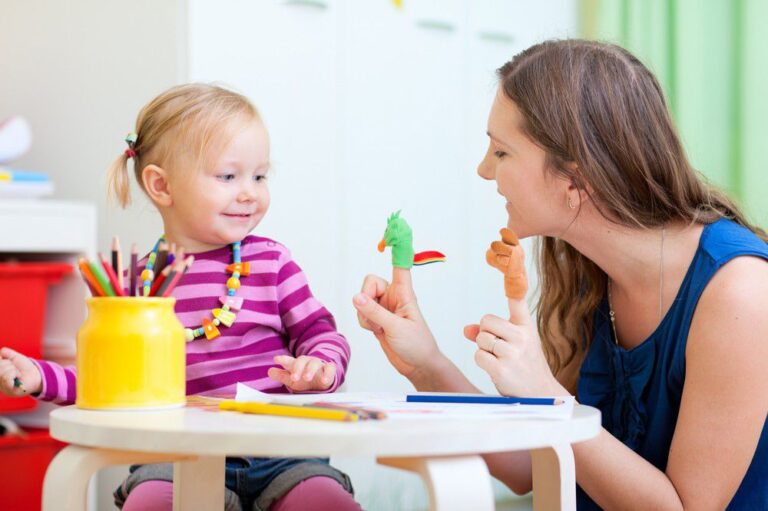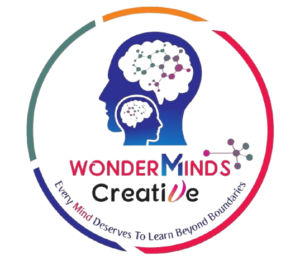Service Details

Play Therapy: An Overview
What is Play Therapy?
Play therapy is a therapeutic approach designed to help children express their emotions, resolve psychological challenges, and improve their social skills through play. Recognizing that play is a natural medium of communication for children, this therapy leverages toys, games, and creative activities as tools to allow children to explore their feelings, thoughts, and experiences in a safe and supportive environment.
Why is it Important?
Play therapy is particularly important for children who may not have the verbal skills to articulate their emotions or who have experienced trauma, behavioral issues, or developmental delays. By engaging in play, children can process their experiences and emotions in a non-threatening way, leading to healing and growth. It also provides therapists with insights into a child’s inner world, helping them understand and address underlying issues.
Who Can Benefit?
Play therapy can benefit a wide range of children, including those who:
Struggle with behavioral issues: Providing a constructive outlet for expressing frustration, anger, or other challenging emotions.
Have developmental delays or disorders: Supporting emotional and social development in children with autism, ADHD, or other conditions.
Experience anxiety, depression, or grief: Allowing children to explore and understand their feelings in a way that is natural to them.
Have difficulties with social skills: Teaching important social interactions, empathy, and communication skills through structured play. Have experienced trauma or abuse:* Helping them to process difficult experiences and emotions in a safe space.
What Does Therapy Involve?
Play therapy sessions are typically led by a trained therapist who creates a structured environment filled with various toys, art supplies, and games. Depending on the child’s needs, therapy may involve:
Directive Play Therapy:
The therapist guides the play with specific activities and goals in mind, such as role-playing to work through specific issues.
Non-Directive Play Therapy:
The child takes the lead in play, choosing activities that naturally express their emotions, while the therapist observes and engages as needed.
Creative Arts:
Activities like drawing, painting, or storytelling to help children express emotions they might not be able to verbalize.
Role-Playing and Puppetry:
Using dolls or puppets to act out scenarios that may reflect the child’s real-life experiences, providing a way to process emotions safely.
Sandplay:
A technique where children use a sandbox and miniature figures to create scenes that represent their thoughts and feelings, which can then be explored in therapy.
How Does It Help?
Play therapy helps children in several key ways:
Emotional Expression:
It provides a safe space for children to express their feelings, helping them process emotions like anger, sadness, or fear.
Problem-Solving:
Through play, children learn to navigate social situations, cope with challenges, and develop problem-solving skills.
Improved Behavior:
By understanding and addressing underlying emotional issues, play therapy can lead to positive changes in behavior.
Strengthened Relationships:
It can help improve communication and understanding between the child and their parents, siblings, or peers.
Self-Esteem:
As children work through their emotions and challenges in therapy, they often gain confidence and a stronger sense of self-worth.
In summary, play therapy is a powerful tool for helping children overcome emotional and behavioral challenges. By using the language of play, therapists can connect with children on their level, helping them heal, grow, and shine ✨
Frequently Asked Question
We offer a wide range of therapies, including occupational therapy, speech therapy, behavioral therapy, and sensory integration therapy.
If your child is showing delays in developmental milestones, difficulties in communication, or behavioral challenges, a consultation can help determine if therapy is beneficial.
The first session typically involves an assessment to understand your child's needs, followed by setting goals and creating a personalized treatment plan.
The duration of therapy varies depending on the child's individual needs and progress, and will be regularly reviewed by the therapist.
Yes, we provide regular progress reports to keep you informed about your child's development and the effectiveness of the therapy.
We offer guidance and activities for parents to reinforce therapy goals at home, ensuring consistent progress.
While it’s not always required, parental involvement is encouraged as it can enhance the therapy’s effectiveness and support the child’s development.
We offer both one-on-one and group sessions, depending on what is most appropriate for the child’s needs.
Our therapists are well qualified professionals with specialized training and experience in their respective fields.
Coverage varies by insurance provider, and we can assist you in understanding your benefits and how they apply to our services.
